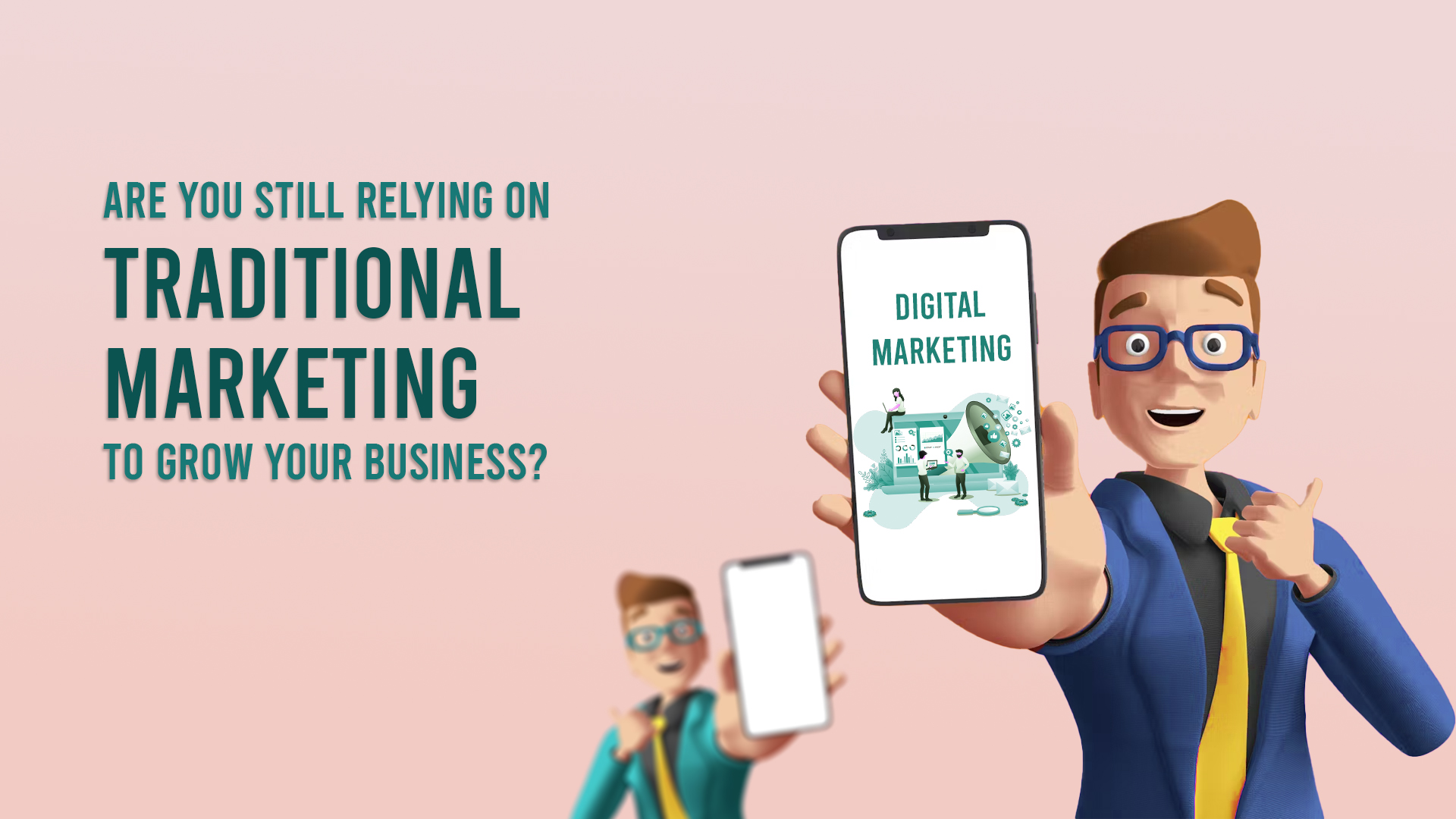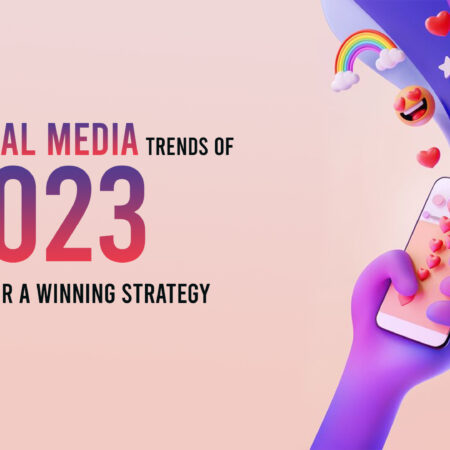
As the world becomes increasingly digital, traditional marketing tactics are no longer enough to sustain business growth. The rise of digital marketing has disrupted the traditional marketing landscape, and businesses that fail to adapt risk falling behind. In today’s tech-savvy world, having a strong online presence has become essential to reaching new customers, expanding your reach, and growing your brand.
So why is digital marketing so important for businesses today? For one, digital marketing provides businesses with the ability to reach a global audience and target their marketing efforts to specific demographics. It also allows for real-time tracking and analysis, making it easier to measure the effectiveness of marketing campaigns and adjust them as needed.
On the other hand, traditional marketing methods like print ads, billboards, and television commercials are becoming less effective as consumers increasingly turn to digital media for information and entertainment. These methods also tend to be more expensive and less targeted than digital marketing techniques.
In this blog, we’ll explore the reasons why every business needs digital marketing in today’s world. We’ll discuss the benefits of digital marketing over traditional marketing, the risks of not embracing digital marketing, and provide tips for developing a successful digital marketing strategy that will help your business thrive in the digital age.

The Benefits of Digital Marketing
Digital marketing offers businesses a wealth of benefits that traditional marketing simply can’t match. Here are just a few of the key advantages:
- Reach a global audience: With digital marketing, businesses can reach a global audience without spending a fortune on advertising. Social media platforms like Facebook and Twitter have millions of users worldwide, making them an ideal place to reach potential customers.
- Target specific demographics: Digital marketing tools like search engine optimization (SEO) and pay-per-click (PPC) advertising allow businesses to target specific demographics and reach the people who are most likely to buy their products or services.
- Real-time tracking and analysis: Digital marketing allows businesses to track the effectiveness of their marketing campaigns in real-time, making it easy to adjust strategies and optimize campaigns for better results.
- Cost-effective: Digital marketing methods are generally much more cost-effective than traditional marketing techniques, making them ideal for small and medium-sized businesses with limited budgets.
The Risks of Not Embracing Digital Marketing
While traditional marketing techniques may have worked in the past, businesses that fail to embrace digital marketing risk falling behind in today’s rapidly evolving marketplace. Here are just a few of the risks:
- Losing out on potential customers: With more and more consumers turning to digital media for information and entertainment, businesses that don’t have a strong online presence risk losing out on potential customers.
- Being outpaced by competitors: Businesses that fail to embrace digital marketing risk being outpaced by competitors who are more digitally savvy and able to reach a wider audience.
- Wasting money on ineffective marketing: Traditional marketing techniques like print ads and billboards can be expensive and ineffective, leading to wasted resources and missed opportunities.
Developing a Successful Digital Marketing Strategy
To succeed in the digital age, businesses need to develop a strong digital marketing strategy that takes advantage of the latest trends and technologies. Here are some tips for developing a successful digital marketing strategy:
- Identify your target audience: Understanding your target audience is essential to developing an effective digital marketing strategy. Use tools like social media analytics and market research to identify the demographics and interests of your target audience.
- Develop a strong online presence: Building a strong online presence is key to reaching potential customers and establishing your brand. This includes creating a website, social media profiles, and other digital assets that showcase your brand and products.
- Use multiple digital marketing channels: Digital marketing is not a one-size-fits-all approach. Use a variety of channels like SEO, PPC advertising, social media, and email marketing to reach your target audience and achieve your marketing goals.
- Track and analyze your results: Use tools like Google Analytics to track the effectiveness of your digital marketing campaigns and adjust your strategies as needed to optimize your results.
In conclusion, every business needs digital marketing to stay competitive in today’s marketplace. By taking advantage of the latest trends and technologies, businesses can reach new customers, expand their reach, and grow their brand in the digital age. Don’t let your business fall behind – start developing a strong digital marketing strategy today!


